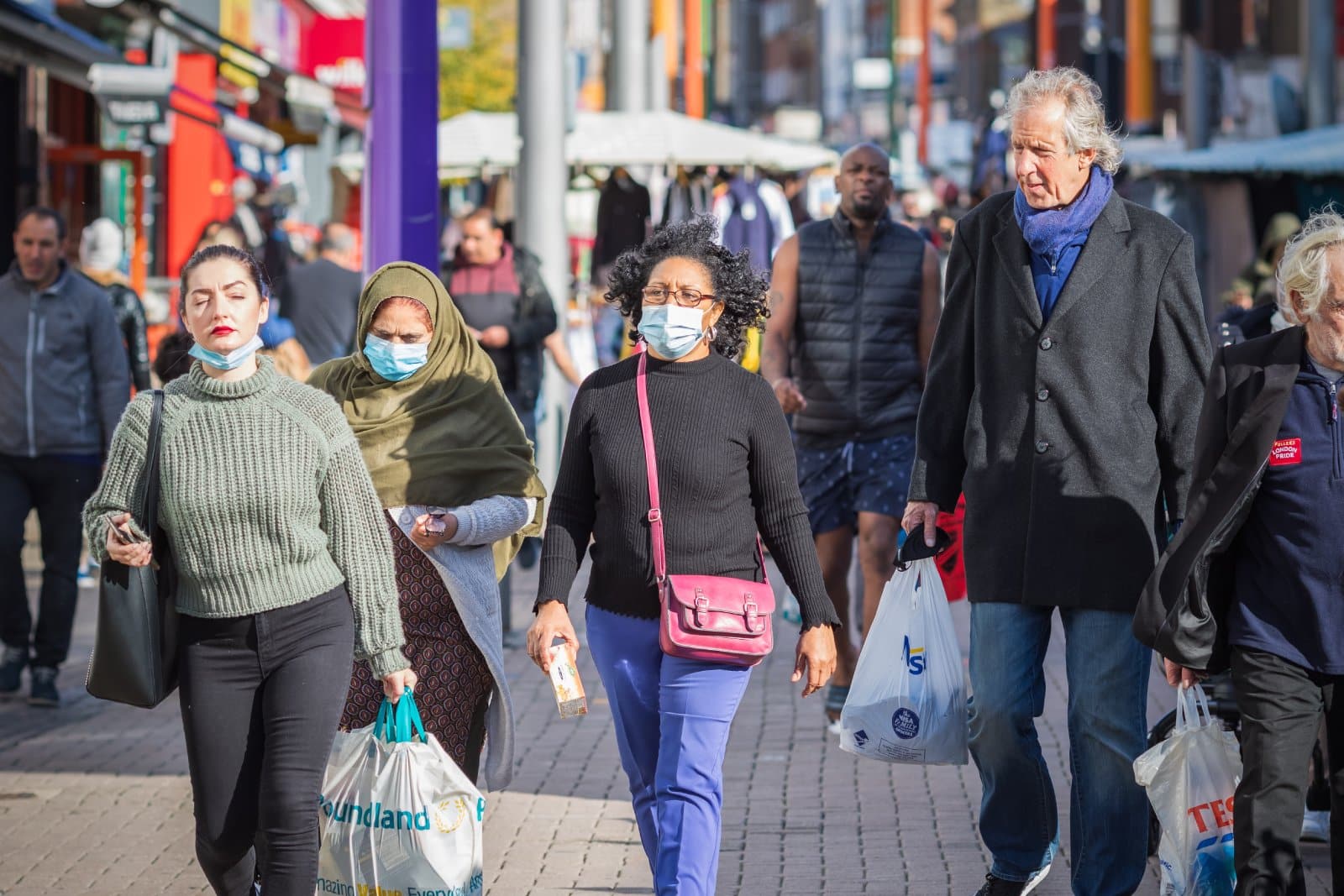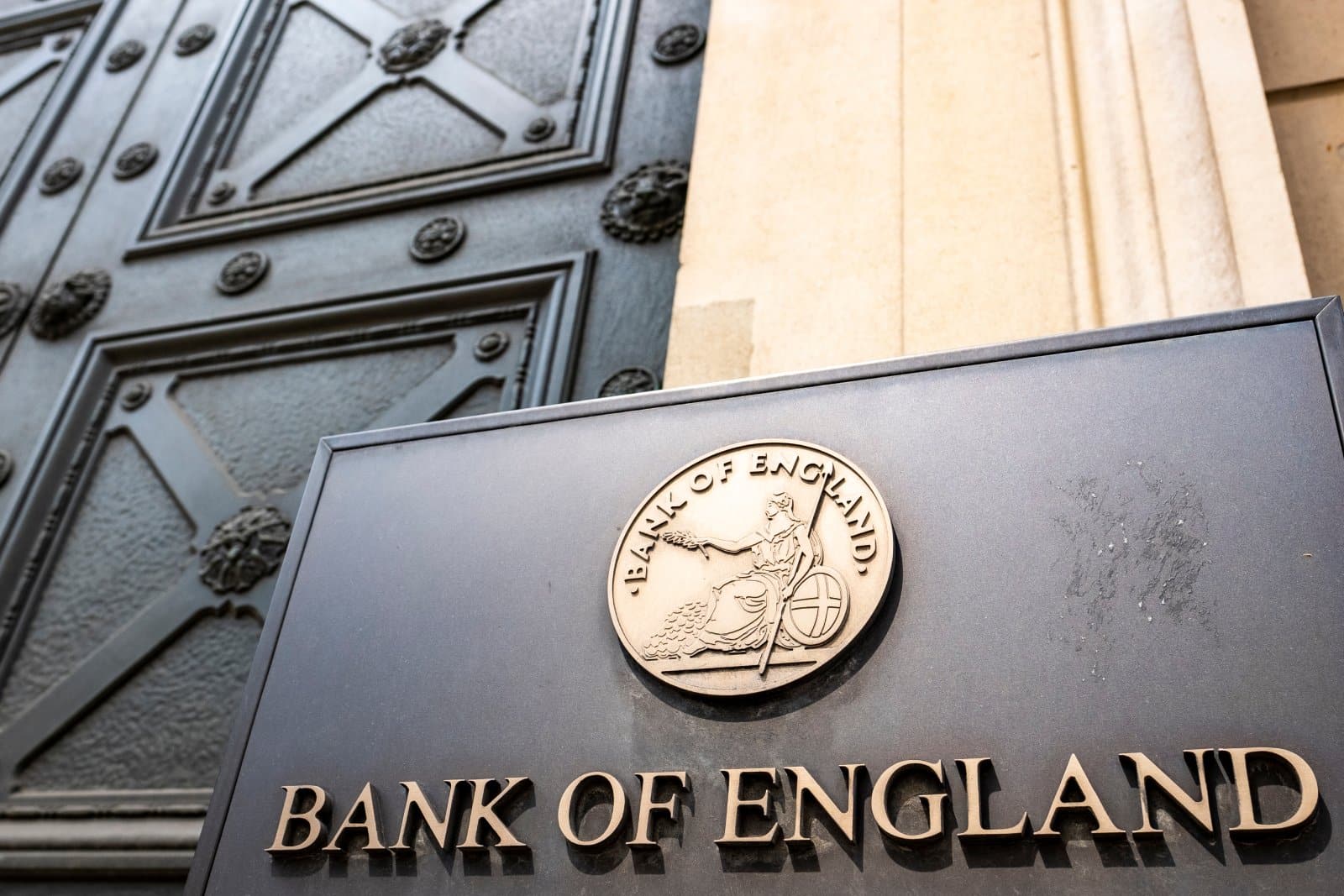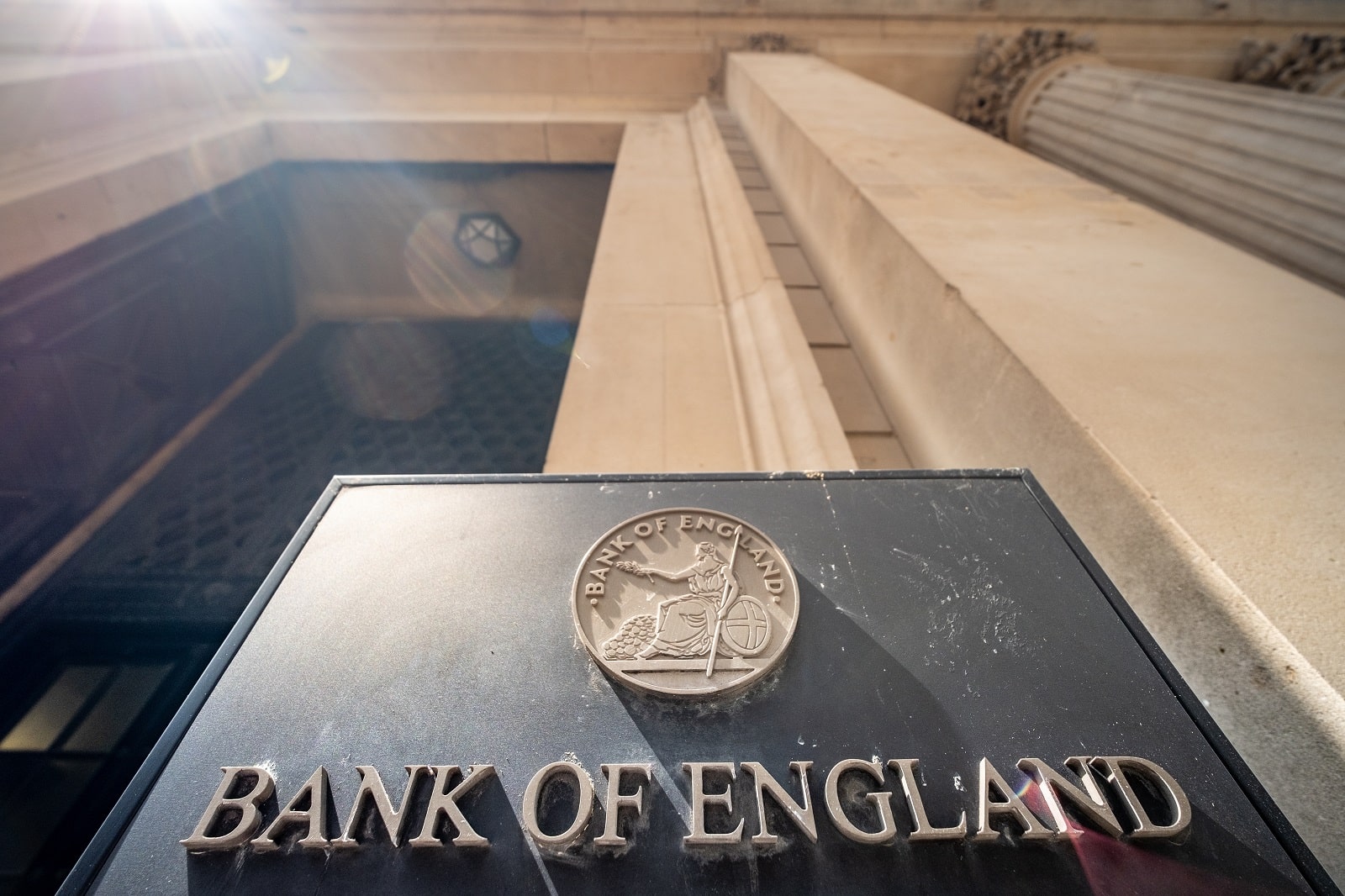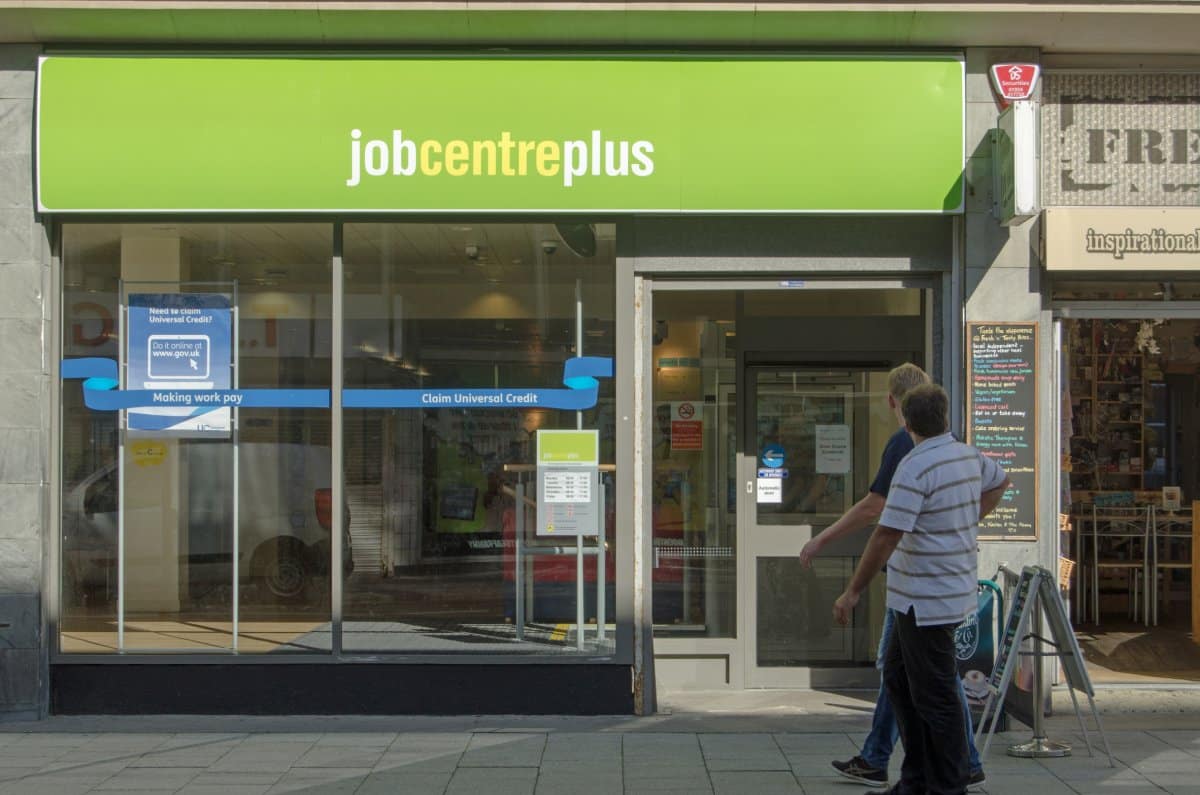Amidst a surge in UK unemployment and unexpected pay growth, the UK government faces a complex balancing act between stimulating economic recovery and addressing inflationary pressures. Here’s the full story.
Difficult Economic Reality

The United Kingdom is experiencing a profoundly difficult economic reality, with high inflation and a cost of living crisis squeezing household budgets.
Surge in Unemployment

There has been more bad news recently, as the country experienced an unexpected surge in unemployment, raising concerns about potential job cuts and the underlying health of the economy.
Interest Rate Changes

Despite stronger-than-expected pay growth, the dilemma over when to adjust interest rates looming like an approaching asteroid over the country.
4.2% Unemployment

The Office for National Statistics reported a potentially devastating increase in the unemployment rate, reaching 4.2% in February, far passing the anticipated rate of 4% which was predicted by economists.
Cooling Effects

Analysts attribute this surge to the cooling effects of higher interest rates, leading to more redundancies and a reluctance among employers to hire new staff.
Better Than Expected Pay Growth

The one small ray of light amongst the dark clouds of bad economic news is that pay growth, particularly excluding bonuses, exceeded expectations.
6%

At 6% in the three months leading to February, it surpassed the anticipated 5.8%. Total pay, which includes any bonuses recieved, stayed at 5.6%. This unexpected strength in pay growth poses a dilemma for the Bank of England regarding the timing of interest rate adjustments.
Summer Interest Rate Cut

Yael Selfin, Chief Economist at KPMG UK, suggests that the data indicates a potential interest rate cut in the summer, as the slight easing in regular pay growth offers some relief.
Bank of England Debate

However, the rise in the unemployment rate signals a less tight labor market, igniting debates within the Bank of England’s monetary policy committee.
“Easing in Regular Pay Growth”

Selfin told the Guardian, “The slight easing in regular pay growth will bring some comfort for the Bank of England which has relied on the pay data as a key gauge of domestic inflationary pressure.”
“Hot Debate”

They continued, “Moreover, the rise in unemployment rate paints a picture of a less tight labour market. The exact timing of the first rate cut will be a hot debate for the monetary policy committee in the coming months.”
8.4%

The hospitality and city sectors experienced notable pay increases, with workers in hospitality seeing an average raise of 8.4%, and city workers securing an 8.1% increase.
Fastest Growth

When accounting for falling headline inflation rates, real wages experienced the fastest growth in two-and-a-half years.
Real Total Pay Rises 1.8%

Real total pay, adjusted for consumer price inflation, rose by 1.8%, while real regular pay grew by 2.1%. This marks a significant uptick compared to previous quarters.
Inactivity Rate

The inactivity rate, measuring individuals of working age neither employed nor actively seeking work, witnessed a concerning uptick in February.
850,000 People Out of Work

This rate has, understandably, increased significantly since before the pandemic, with approximately 850,000 more people out of work due to health reasons.
Profoundly Worried

Bank of England officials are profoundly worried about these figures, as it not only reduces the workforce but also exerts upward pressure on wages, which will lead to even higher inflation rates.
“Surprisingly Poor”

Tony Wilson, Director at the Institute for Employment Studies, stated, “Today’s jobs figures are surprisingly poor, with a steep fall in employment and a sharp rise in those out of work, including an unexpected rise in unemployment.”
“Rise in Economic Activity”

He continued, “However, most concerning is the rise in economic inactivity, which is the measure of those not in work but not looking for work, which is even higher now than it was in the depths of the pandemic.”
“Sicker and Poorer”

Ben Harrison, Director of the Work Foundation at Lancaster University, highlighted the UK’s status as an “international outlier” with a workforce that was “sicker and poorer” than other comparable nations.
Negative Effects

As the UK grapples with a surge in unemployment alongside better than expected pay growth, the pressure that higher wage growth puts on inflation will negatively effect the unemployment rates.
Catch-22

This catch-22 situation, where people are finally getting paid better, but this means that costs are also increasing, is a perfect encapsulation of the economic headwinds battering the UK economy at the moment.
Weathering the Storm

With still no news as yet from the Bank of England when the inflation rate will be reduced, it seems that the country will have to weather the storm for a little while longer.
More Articles Like This…
Broken Britain: 12 Reasons Behind the UK’s Decline
Say the Unsayable: 10 Occasions When Farage Spoke His Mind About Britain
The post “Sick and Poorer” Than Other Comparable Nations As Unemployment Rises first appeared on Edge Media.
Featured Image Credit: Shutterstock / BasPhoto.
Grant Gallacher is a seasoned writer with expertise in politics and impactful daily news. His work, deeply rooted in addressing issues that resonate with a wide audience, showcases an unwavering commitment to bringing forth the stories that matter. He is also known for satirical writing and stand up comedy.

